

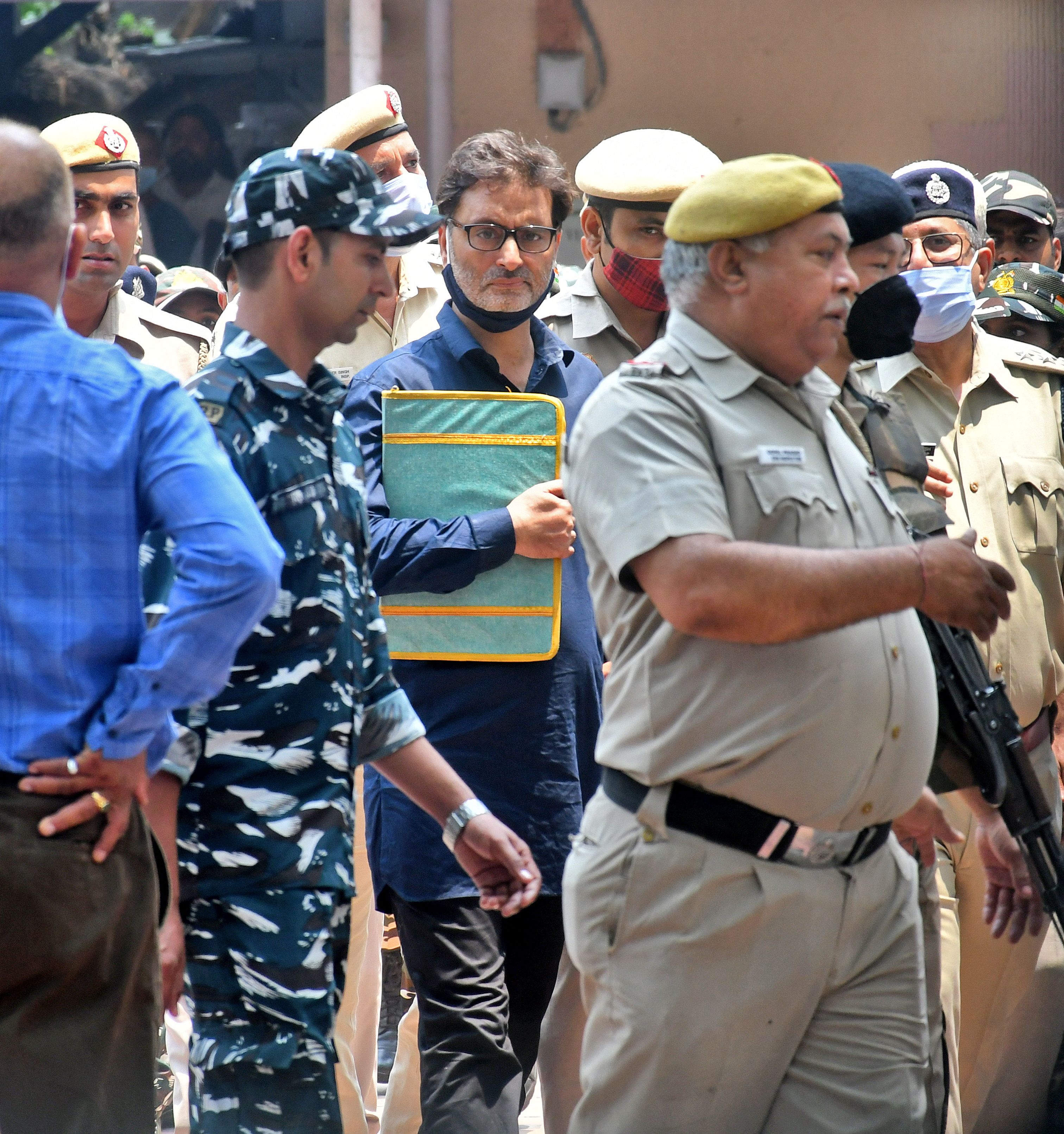
The Supreme Court has suggested setting up a courtroom in the Delhi jail for Kashmiri separatist leader Yasin Malik, in response to the Central Bureau of Investigation's objection to his physical presence in a criminal trial for the killing of four Air Force personnel in 1989. The court also raised concerns about Malik's connections with terrorists like Hafiz Saeed and the risk to his security if he is brought to the Jammu court for cross-examination. However, doubts have been raised about the feasibility of online connectivity for Malik's virtual presence in the trial.
The Curious Case of Yasin Malik: A Separatist Leader's Impending Online Trial
Background: Yasin Malik, a prominent Kashmiri separatist leader, was arrested in 2019 and charged with murder, conspiracy, and waging war against the state in connection with the killing of four Indian Air Force personnel in 1989. The Central Bureau of Investigation (CBI) is prosecuting the case.
The Supreme Court's Suggestion: Recently, the Supreme Court has suggested setting up a courtroom within Delhi's Tihar Jail for Malik's virtual presence during the trial. This suggestion was made in response to the CBI's objection to Malik's physical presence in Jammu, where the trial is taking place, due to concerns about his security and the possibility of disruption.
Concerns Raised: The court's proposal has raised concerns about the feasibility of setting up online connectivity facilities within Tihar Jail and ensuring Malik's virtual presence during the trial. Doubts have also been expressed about the reliability of video conferencing and the potential for technical glitches.
Top 5 FAQs Related to the Case:
1. What is the significance of the charges against Yasin Malik? Malik is accused of playing a key role in the killing of four Air Force personnel in 1989, which was part of a wave of violence and insurgency in Kashmir. The charges carry severe penalties, including the death sentence.
2. Why is Malik's physical presence in court being opposed? The CBI has expressed concerns about potential security risks and the likelihood of protests and disturbances if Malik is brought to Jammu for cross-examination. Malik's supporters have also voiced concerns about his safety.
3. How would a virtual trial work in a prison courtroom? A courtroom within Tihar Jail would be equipped with audio-visual equipment to connect Malik to the Jammu court. He would be able to follow the proceedings, consult with his lawyers, and cross-examine witnesses remotely.
4. What are the potential challenges of an online trial? Technical issues, poor internet connectivity, and the possibility of interruptions or delays are among the challenges that could arise during a virtual trial. Additionally, there are concerns that Malik may not have adequate access to legal representation or consult privately with his lawyers.
5. What is the status of the trial and what are the next steps? The trial is ongoing, and the Supreme Court is expected to make a final decision on whether to allow Malik's virtual presence. If approved, the necessary technical arrangements will need to be put in place before the trial can proceed online.
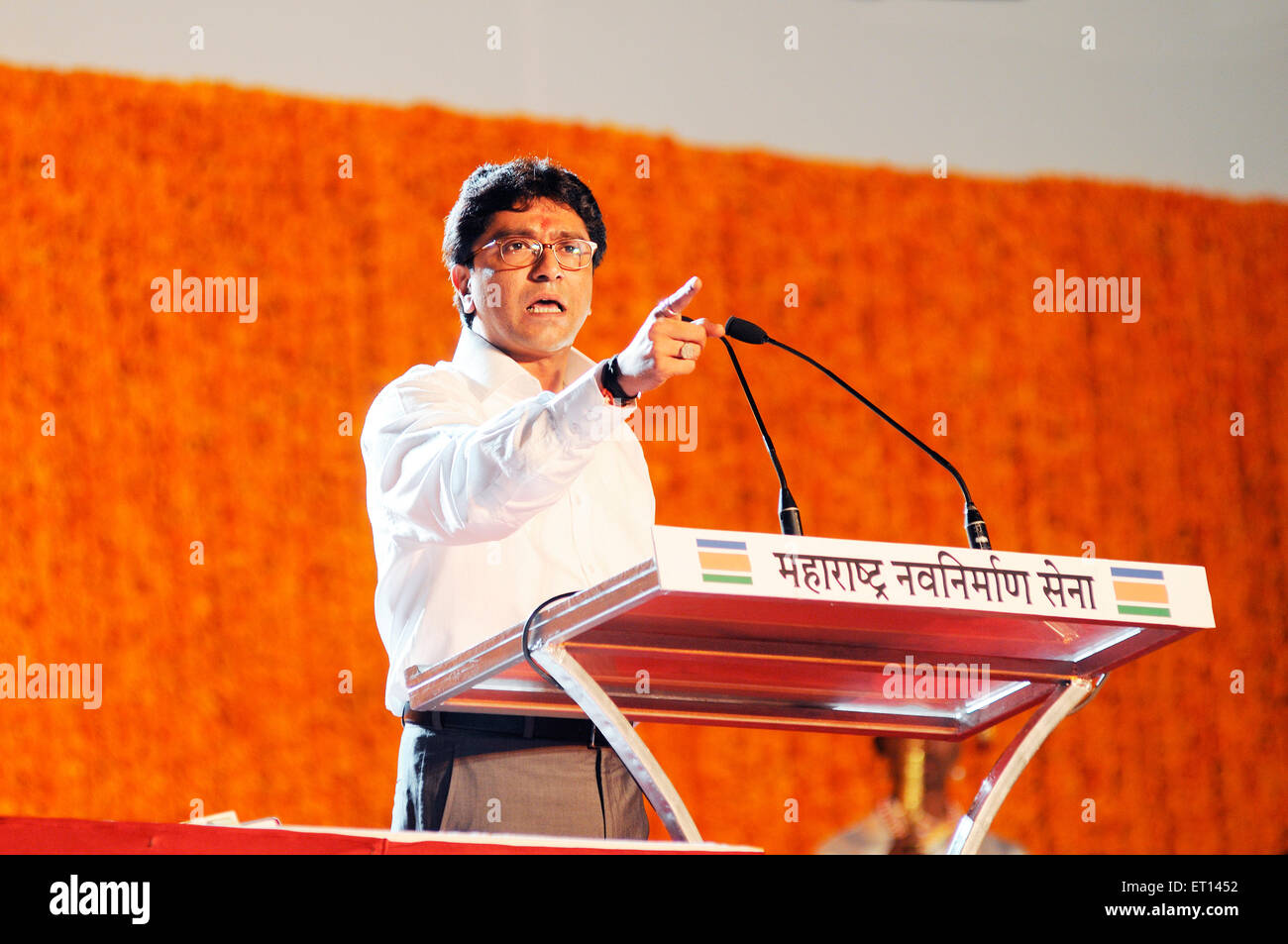
Amidst a series of incidents involving MNS activists resorting to violence against non-Marathi speakers, party chief Raj Thackeray has declared a revival of the party's "Mi Marathi" campaign. The ruling Mahayuti and opposition MVA parties have remained cautious in their reactions, with Chief Minister Devendra Fadnavis stating that demanding Marathi in Maharashtra is not wrong but violence will not be tolerated. While the BJP is reportedly backing the MNS for the upcoming BMC polls, former NCP minister believes it is a ploy to weaken the Shiv Sena-led alliance. The MNS, which has been struggling in the state elections, has found an opportunity to regain political relevance under Thackeray's leadership.
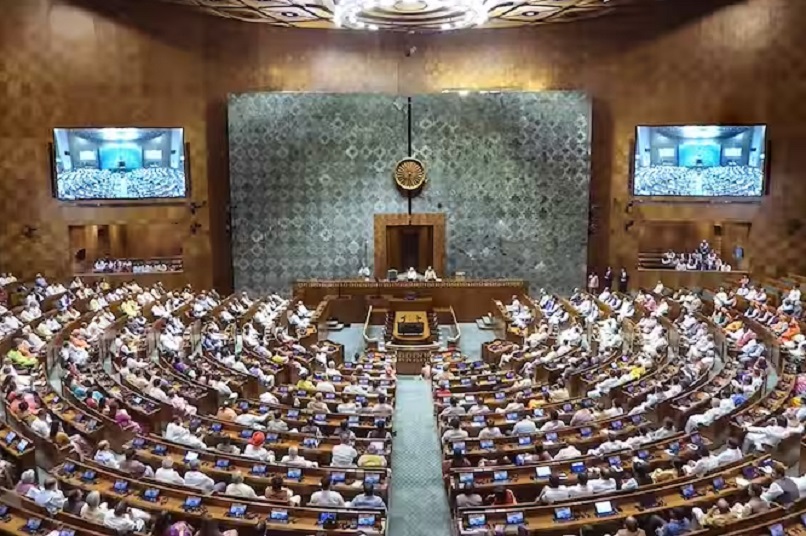
The Waqf Amendment Bill 2025 was passed by Parliament after a 13-hour long debate in the Rajya Sabha. The government hailed it as a "historic reform" for the benefit of the minority community, while the opposition criticized it as "anti-Muslim" and "unconstitutional". The revised bill, which aims to enhance the management and registration process of waqf properties, was approved by both Houses of Parliament and awaits presidential assent to become law. The Union Minority Affairs Minister noted that the Joint Parliamentary Committee's consultation process for this bill was the largest in India's democratic history, receiving over 97 lakh petitions and opinions from various stakeholders.
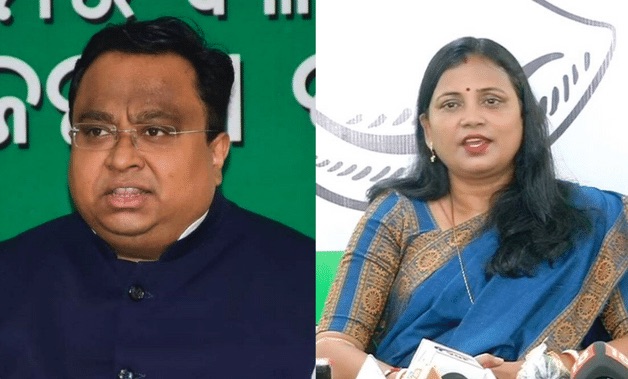
In a surprising turn of events, the ruling Biju Janata Dal (BJD) allowed its seven Rajya Sabha MPs to vote their conscience instead of following the party whip, resulting in the passage of the controversial Waqf (Amendment) Bill in the Upper House. The final tally of 128 in favour and 95 against exposes divisions within the Opposition, with some parties raising concerns about the bill's potential impact on minority communities. BJD's decision to allow a free vote was driven by the party's sensitivity towards various sections of the minority community.

After Rajya Sabha passed the Waqf Amendment Bill with 128 votes in favour and 95 opposing it, JDU Minority Secretary Shah Nawaz Malik resigned from the party and other posts in protest against the party's stand on the bill. He stated that the party's support for the bill was a betrayal of Indian Muslims and went against their belief in the party's secular ideology. The bill, which aims to enhance the administration and management of waqf properties, is facing widespread opposition from the minority community, with the Grand Mufti of Jammu and Kashmir, Mufti Nasir-ul-Islam, calling it anti-Muslim and stating that the community is planning to challenge it in the Supreme Court.

Tamil Nadu Chief Minister MK Stalin has declared that his political party, the DMK, will challenge the recently passed Waqf Bill in the Supreme Court. The CM condemned the passing of the amendment at 2 am, alleging pressure from a few allies, despite opposition from most parties in India. He also highlighted that the state Assembly has already passed a resolution opposing the amendment, and that a case will be filed in the Supreme Court on behalf of the DMK. The Waqf Bill seeks to improve the administration and management of waqf properties in India, but its passing has been met with criticism and opposition.
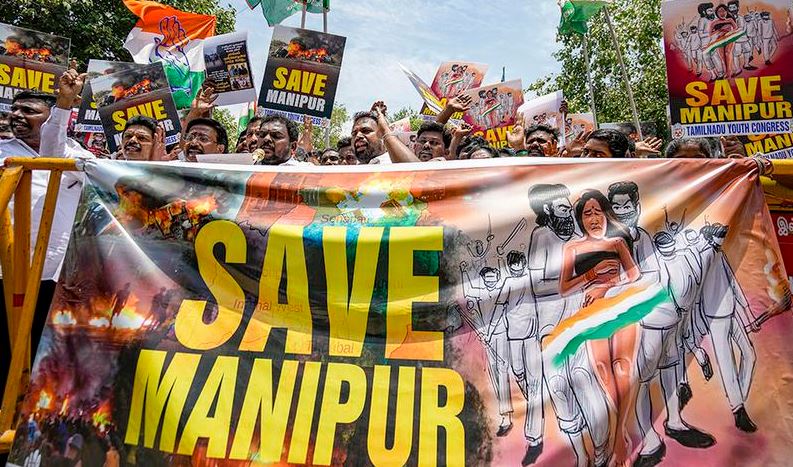
The Lok Sabha was in session until the early hours of the morning, debating and passing important bills. However, amidst the proceedings, the government initiated a short discussion on the proclamation of President's Rule in Manipur at 2 AM which lasted only 41 minutes. The Opposition was surprised and protested, but the Speaker allowed the discussion to continue. Congress MP Shashi Tharoor, in his speech, highlighted the failures of the government in maintaining law and order in Manipur and questioned the timing and necessity of the President's Rule.
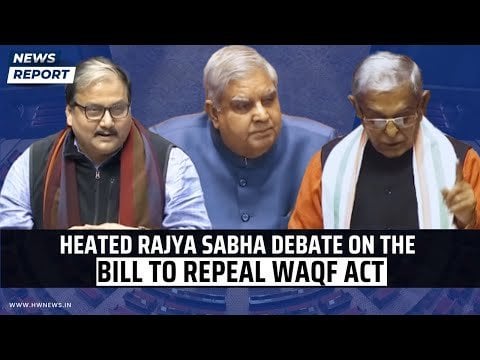
The Waqf Amendment Bill, which was earlier passed by the Lok Sabha, sparked a heated debate in the Rajya Sabha today. While BJP MP JP Nadda defended PM Modi's welfare for all principle, Shiv Sena MP Sanjay attacked the BJP for ignoring the interests of Muslims. Union Minister Giriraj Singh also joined in, accusing the Congress of crossing the limits of appeasement by giving away 123 properties to Waqf in Lutyens' Delhi overnight in 2013. The debate highlights the deep division and polarizing views over the proposed amendments to the Waqf Act in Uttar Pradesh, the state with the highest number of Waqf properties in the country.

In a digitized effort, Chief Minister Devendra Fadnavis transferred a grant of ₹25 crore to 560 gaushalas across the state under the Desi Cow Conservation Scheme. This first phase of the scheme will benefit over 56,000 indigenous cows for their upkeep. Fadnavis emphasized the importance of preserving indigenous cows for rural development and praised the initiative taken by the Maharashtra Goseva Commission. With lower milk productivity, these cow shelters play a vital role in providing necessary care for non-milking and unproductive cows, making the scheme a major relief for them.

Samajwadi Party chief Akhilesh Yadav criticized the BJP for taking 10 months to select a national president, while Amit Shah countered by pointing out dynastic practices among opposition parties. Reports suggest that the BJP will announce its new national president by the third week of April to replace JP Nadda. Nadda's tenure was extended until June 2024, but the new president will still be chosen after a process involving the party's 12-13 crore members.
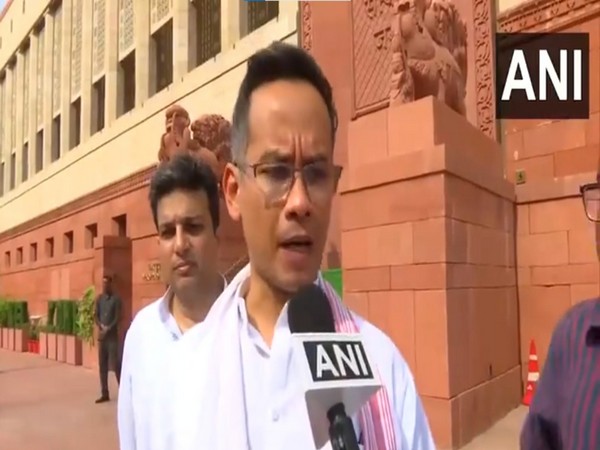
Congress MP Gaurav Gogoi vehemently opposes the Waqf amendment bill during a Lok Sabha discussion, stating that it is an attack on the foundation of Parliament and the Constitution. He also alleges that the government has ulterior motives for pushing the amendment, including diluting the Constitution, defaming minorities, dividing society, and disenfranchising the minority community. He questions the timing of the amendment and accuses the BJP-led government of restricting religious freedoms in India.